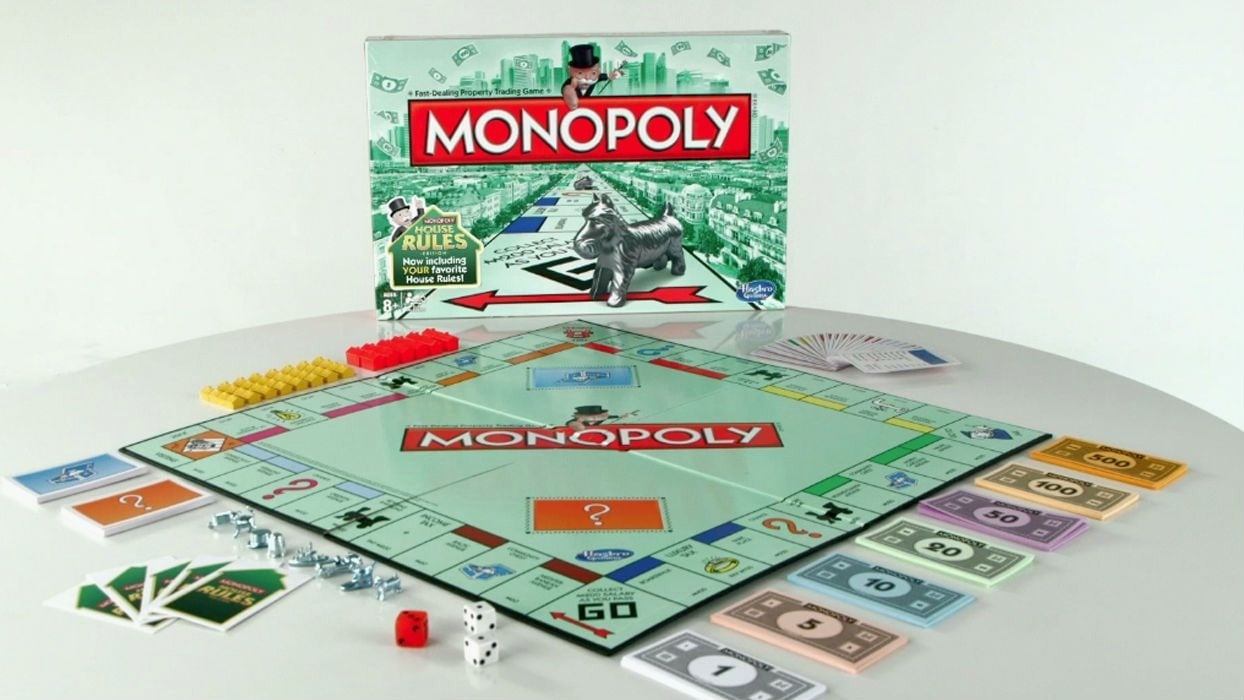Monopoly is putting real money in its board games
In a move wonderfully reminiscent of Charlie and the Chocolate Factory, Hasbro France announced that it will place actual euros into Monopoly sets to honor the iconic board game’s 80th anniversary.


In a move wonderfully reminiscent of Charlie and the Chocolate Factory, Hasbro France announced that it will place actual euros into Monopoly sets to honor the iconic board game’s 80th anniversary.
Eighty of the 30,000 special anniversary sets sold in France will contain real money. One “jackpot” set will have all its game notes replaced with real ones—good for €20,580 ($23,513). Ten sets will contain €300 ($343) and the 69 other sets will have €150 ($171).
According to Newsweek, the scheme was hatched when Hasbro France conducted a survey to see what customers wished to find in their Monopoly boxes. Unsurprisingly, the most popular answer was “real money.”
Monopoly is the world’s best selling board game, making over $400 million a year for Hasbro, according to data compiled by Euromonitor. The game, sold in 114 countries and translated into 47 different languages, has been bought over 275 million times and played by approximately a billion people, according to the company. Quartz reached out to Hasbro about whether it plans to extend the promotion in other countries and will update this post with any response.
Sniffing out the winning boxes won’t be easy. Patrice Wimmer, a bailiff tasked with handling the money, told Agence France-Presse that the boxes with real money weigh the same as the normal ones. “The difference is marginal, unless you turn up at the shop with precision scales,” he said.
However, the boxes with real money expanded slightly, according to Hasbro, because the real bills are thicker than Monopoly notes. Hasbro says this was an unforeseen complication, but it’s one that could drive more sales, if consumers start buying up special edition sets in the hopes that they’ve spotted a slightly expanded box.
This isn’t Hasbro’s first foray into experiential marketing. In 2013, the company saw an increase in sales after it allowed customers to vote in a Facebook poll for a new token piece. Fans elected to replace the iron token with a cat token, because the internet.